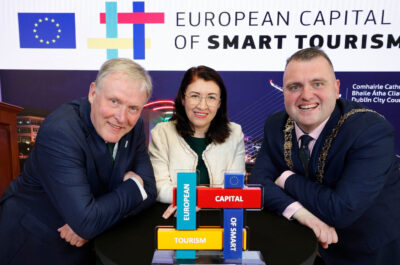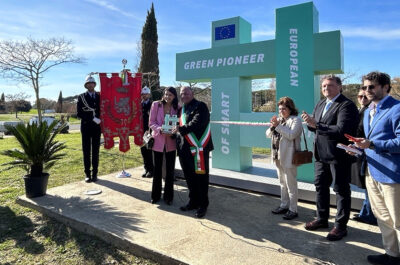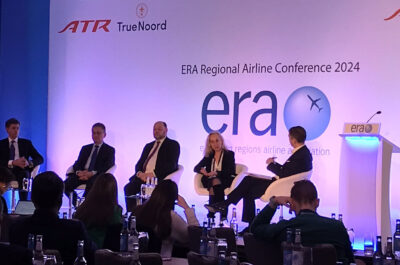SAS is the major air carrier in Scandinavia. Its four biggest shareholders are Sweden (21.4%), Denmark (14.3%), Norway (14.3%) and the Knut and Alice Wallenberg foundation (KAW) (7.6%).
The European Commission has opened an in-depth investigation to verify whether a public support measure granted in 2012 by Sweden and Denmark to Scandinavian Airlines (SAS) is in line with EU state aid rules. The Commission has also examined other measures in favour of SAS in 2009, 2010 and 2012 and has come to the conclusion that they were carried out on market terms and therefore do not involve state aid.
SAS is the major air carrier in Scandinavia. Its four biggest shareholders are Sweden (21.4%), Denmark (14.3%), Norway (14.3%) and the Knut and Alice Wallenberg foundation (KAW) (7.6%). SAS’ financial position has been weak for several years and its financial performance has deteriorated significantly since 2008.
In order to implement a cost reduction program, Sweden, Denmark and Norway, together with KAW and several private players, injected capital into SAS in March 2009 and in April 2010 through two right issues (case SA.29785). The Commission concluded that these measures involved no state aid because they were carried out on market conditions and therefore provided no undue advantage to SAS. This finding is notably based on the fact that public and private players participated equally in the rights issues.
In April 2012, SAS and the Swedish state-owned company Swedavia entered into a sale-and-lease-back transaction regarding real estate belonging to SAS (case SA.36327). The Commission concluded that this transaction did not entail state aid as it was carried out on market conditions. In particular, the sales process was carried out through an auction and the price was established on the basis of an independent evaluation.
Also in 2012, SAS prepared a business plan with the aim of becoming profitable again. In this context, a revolving credit facility (RCF) granted in the past to SAS by a number of banks was replaced by a new RCF of SEK 3.5 billion (around €400 million). Half of the new RCF is provided by Sweden, Denmark and Norway in proportion to their shareholding and the remaining 50% by most of the banks that participated in the old RCF and KAW (case SA.35668).
The Commission doubts that the new RCF was carried out on market conditions, as the public shareholders on the one hand and the banks and KAW on the other hand were not in a comparable situation. In particular, while the public shareholders increased their exposure to SAS through the participation in the new RCF, the banks significantly reduced theirs given that they roughly halved their contribution to the new RCF when compared to the previous RCF. Furthermore, the Commission has concerns regarding the reliability of the business plan, on the basis of which the public shareholders decided to participate in the new RCF. It has therefore opened an inquiry into the participation of Sweden and Denmark in this measure. The opening of an in-depth investigation gives interested third parties an opportunity to comment on the measures under assessment. It does not prejudge the outcome of the investigation.
Vicky is the co-founder of TravelDailyNews Media Network where she is the Editor-in Chief. She is also responsible for the daily operation and the financial policy. She holds a Bachelor's degree in Tourism Business Administration from the Technical University of Athens and a Master in Business Administration (MBA) from the University of Wales.
She has many years of both academic and industrial experience within the travel industry. She has written/edited numerous articles in various tourism magazines.


































































































































































































































